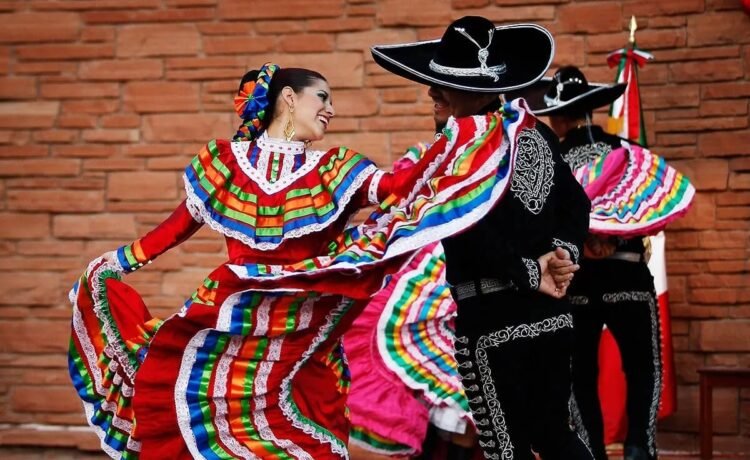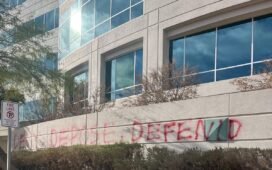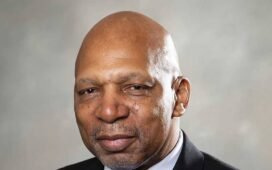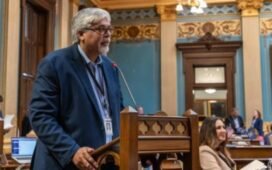Posted on: September 4, 2024, 10:12h.
Last updated on: September 4, 2024, 10:32h.
Las Vegas is going all-in on the annual National Hispanic Heritage Month that officially runs from September 15 through October 15.
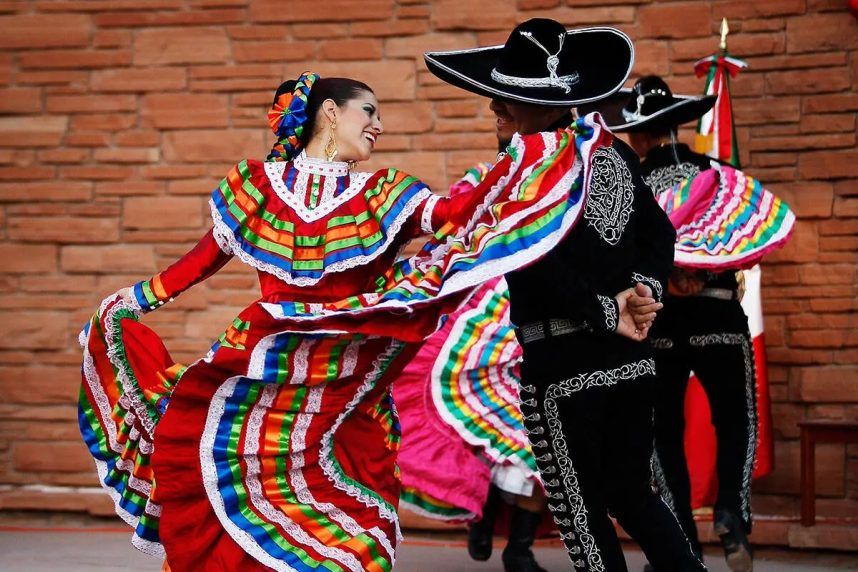
The annual celebration is a month-long commemoration of Hispanic and Latino history and culture, and the valuable contributions the communities have made to the United States. In Las Vegas, Hispanics and Latinos play considerable roles in keeping the Strip and many casino resorts across the valley up and running.
The Culinary Union Local 226, which represents 60K casino resort workers in Las Vegas and Reno in various nongaming roles, including housekeepers, cocktail servers, waitstaff, cooks, porters, bellmen, and laundry workers, says the Hispanic and Latino communities are the backbone of the gaming industry. The union says 54% of its members are Latinx, a gender-neutral term used to describe people of Latin American heritage.
Las Vegas will pay homage to the community beginning next week and extend the celebration through December 7 with various family-friendly events “that capture the essence of Latino culture,” a press release from the City of Las Vegas explained. According to the US Census Bureau, there are 213,828 Hispanic or Latino people residing within the City of Las Vegas.
Lengthy Schedule, Event List
Las Vegas will officially kick off National Hispanic Heritage Month on Friday, September 13, with a Concert in the Park at the Centennial Hills Park Amphitheater where international singer Nathan Brian Wine and his 22-member Las Vegas Jazz Ensemble will perform “a bilingual musical rendezvous.”
- On Saturday, the Latin American Countries’ Independence Celebration will be held at the East Las Vegas Community Center. Both events are free and open to all ages.
- On Saturday, October 5, the XXIV Binational Health Fair at the East Las Vegas Community Center will provide free health screenings, flu vaccines, immunizations, dental care, women’s health services, and medical insurance opportunities. A free Zumba class will also be held.
- On Saturday, October 12, an event at the East Las Vegas Community Center called Once Upon a Quince will give randomly chosen 14-16-year-olds an unforgettable quinceañera. Winners will be drawn at random but must submit their candidacy by September 8.
The National Hispanic Heritage Month will conclude on Saturday, December 7, with the Tamales and Mariachi Festival at the Historic Fifth Street School. Billed as “the hottest festival” in town, the event is sure to bring great food, mariachi, and folklórico dance to the Las Vegas Valley.
More events and information about National Hispanic Heritage Month in Las Vegas can be found by clicking here.
Controversial Name
The US government identifies Hispanic Heritage Month as being observed from September 15 through October 15. The month is to “pay tribute to the achievements of generations who have contributed to American life.”
The name, however, has long been controversial.
The Smithsonian National Museum of the American Latino explains that the term Latino describes the diverse residents of the US with cultural or ancestral ties to Latin America and the Caribbean. The term Hispanic is generally used to signal one’s connection to Spain or the Spanish language.
An NPR article in September 2021 was titled, “Yes, We’re Calling It Hispanic Heritage Month and We Know It Makes Some of You Cringe.” NPR said its decision to embrace the federal government’s labeling of the month was because earlier descriptions of Latinos being Latin Americans was viewed as “too foreign.”
Hispanic was never a term that everybody loved, but it was a term that got a lot of support from within Latinos in the Nixon administration and, later, the Ford administration,” said Cristina Mora, a sociologist at the University of California, Berkley.
“One of the problems is that Latinos were seen as foreigners, invaders, and not inherently American. And one of the jobs of the [Census Bureau’s] advisory board was to really show that Latinos were an American minority group, like African-Americans — a minority that stretched from coast to coast that were patriotic, that fought in wars, that contributed to American history, that built American cities. So, when a term like Latin American was used, right away, it seemed to strike discord because it was seen as too foreign,” Mora explained.

